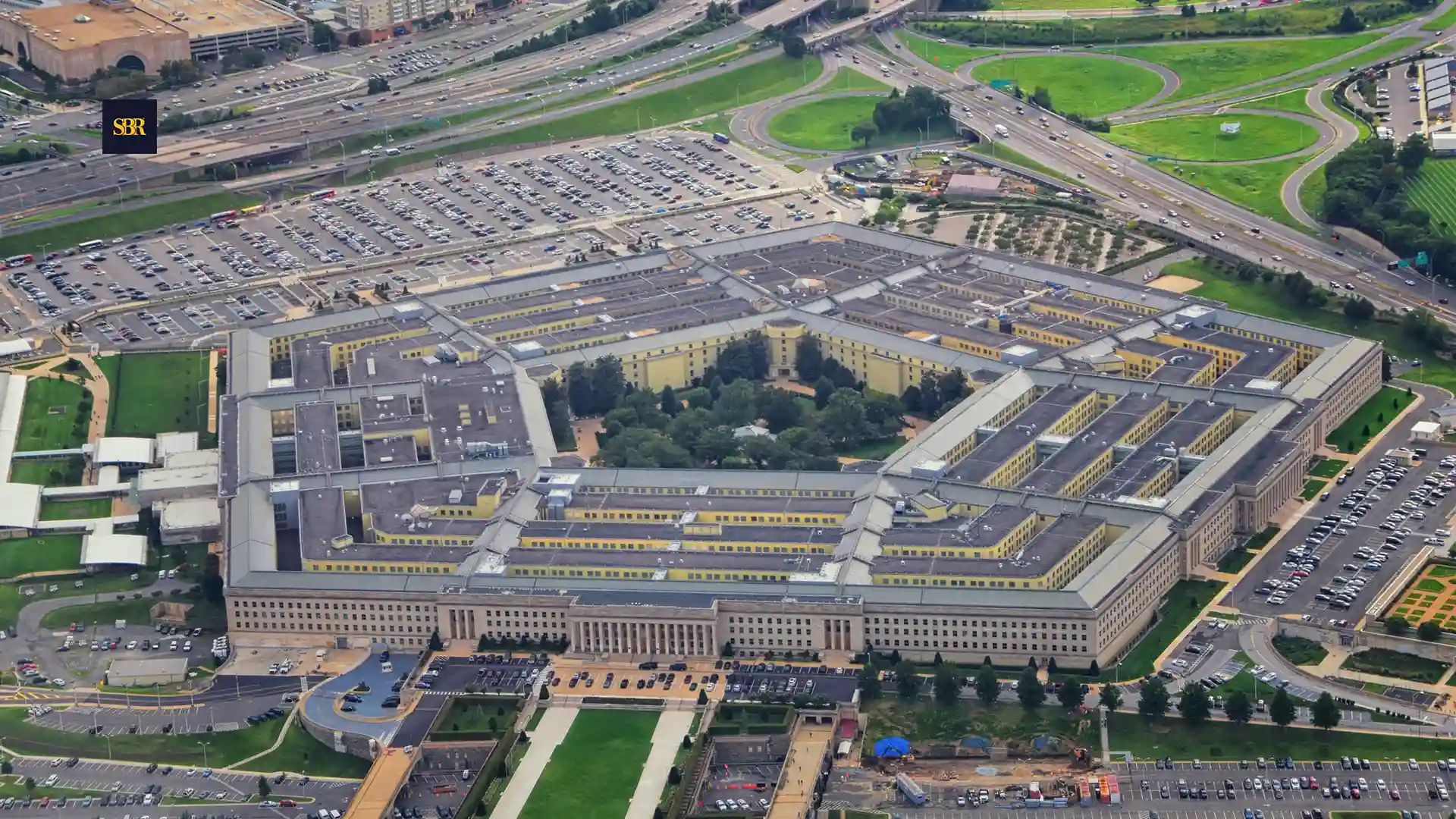NEW YORK, Aug. 14, 2025 — The aviation sector is poised for a robust growth globally as airline companies in several nations, in their outlook for rest of the year are hopeful for deliveries of confirmed orders from top aircraft makers including Boeing and Airbus.
However, supply side constraints have stalled the growth of aviation sector in many of these countries, where passenger traffic has witnessed a year-on-year quantum jump, often leading to a demand-supply mismatch.
In the era of integration of Artificial Intelligence with the aviation sector, that is focused to optimize operational efficiency and enhance overall airline group performance, the supply chain backlog is fueling an increasing average fleet age.
While leveraging AI is paving the way for collaborations such as recent pact between Qatar Airways and tech giant Accenture, the aviation sector is still struggling with delayed aircraft delivery schedules and a growing order backlog.
Reasons for Aircraft Delivery Delays One Should Know
Big Boeing Order: Betting big on technology, Qatar Airways is undoubtedly taking a lead in use of AI for aviation, but in hindsight the Gulf-based airline has been hit by delays in aircraft deliveries. The proactive approach to embrace AI on one side, Qatar Airways has reined in the likes of Boeing with a rather strategic policy for aircraft procurement.
In May this year, Qatar Airways signed a deal to purchase up to 210 widebody jets from Boeing during President Donald Trump's visit to the Gulf Arab country, a coup for the US planemaker. The deal for Boeing 777X and 787 planes with GE Aerospace engines was worth $96 billion, according to the White House. CNN termed this is as, “the aircraft maker’s largest-ever” widebody order.”
The order was placed during the 2022 Farnborough Airshow, a period when the airline’s relationship with Airbus was at an all-time low.
Qatar Airways-Boeing Deal Dampener: The Qatar Airways-Boeing deal was projected as a solution for the airline’s regional network, with Boeing Commercial Airplanes’ then-CEO Stan Deal hailing the aircraft as "ideally suited for Qatar Airways' regional network."
However, two years later, delays in the 737 MAX 10’s certification, which has delayed its expected entry into commercial service earliest by 2026, compelled the airline to reconsider.
Qatar Airways was not the only airliner hit by delays in aircraft deliveries, as major carriers like United Airlines and American Airlines were also anxiously waiting.
What is Causing Supply Chain Backlog?
At the 2025 IATA Annual General Meeting held in India, Director General Willie Walsh raised concerns about growing trade restrictions and protectionist policies that risk reversing decades of liberalised tariff-free aircraft trade.
IATA has reduced its 2025 forecast for aircraft deliveries to a little more than 1,600 units, a major cut from even earlier estimates.
Aircraft manufacturers, particularly Airbus and Boeing, continue to experience serious supply chain challenges, with global aircraft deliveries in 2025 expected to fall 26 percent short of original projections.
This has impacted fleet expansion plans across multiple regions as Ryanair has cited Boeing delivery delays as a factor in revising its 2025 summer schedule, and Southwest Airlines and Turkish Airlines have reported similar constraints.
As a result, many carriers are extending the service life of aging aircraft which raises maintenance costs and affects fuel efficiency. Delivery delays, parts shortages, and trade issues are slowing fleet upgrades, limiting flexibility, and hurting airline profits worldwide.
Aircraft Shortfall
As of May 31, 2025, Airbus stood at 8,617 aircraft, minus the A320ceo and A330-200. Of these, 7,660 jets or about 88.9 percent were from the A220 and A320neo narrowbody line. For comparison, Boeing had 6,528 unfilled orders before ASC 606 adjustments, minus the 737-700, 737-800, and 777-300ER. Of these, 4,860 airplanes, or 74.4 percent, were 737 MAX aircraft. This supply chain backlog is fueling an increasing average fleet age despite an increasing demand.
Ryanair has cited Boeing delivery delays as a factor in revising its 2025 summer schedule, and Southwest Airlines and Turkish Airlines have reported similar constraints.
Inputs from Saqib Malik
Editing by David Ryder

















